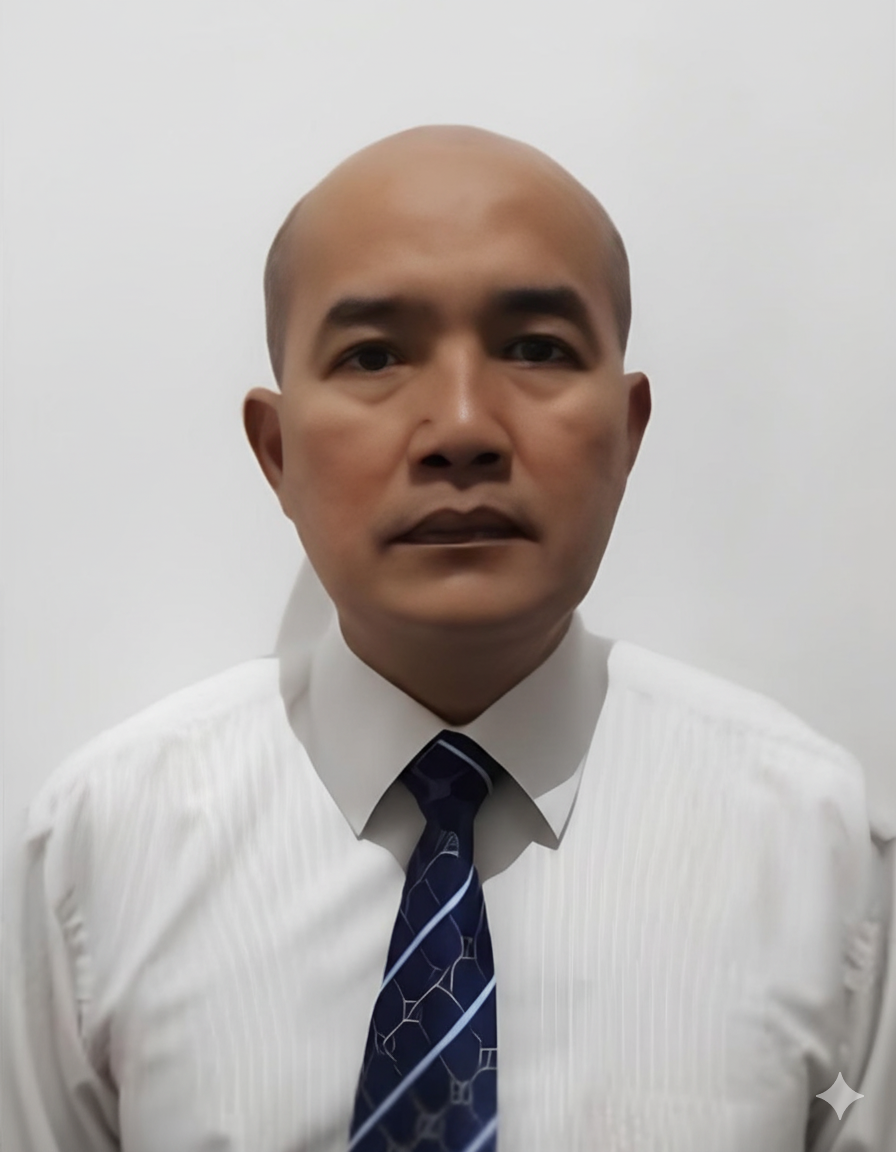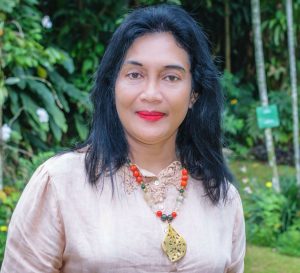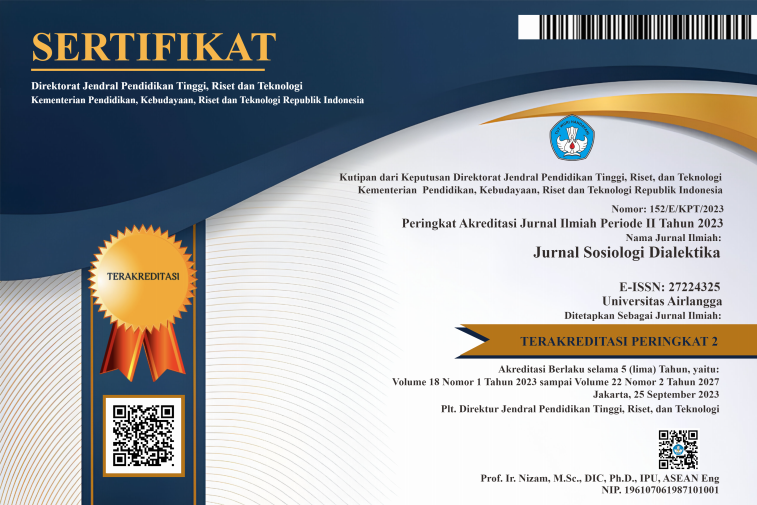Comparative analysis of President Susilo Bambang Yudhoyono and Joko Widodo's food estate policies as a national food securitization attempts
Downloads
Food-related issues affecting many people have long been a point of concern for nations, including Indonesia. President Susilo Bambang Yudhoyono (SBY) and Joko Widodo (Jokowi) had signed policies for food resilient policies that were riddled with problems such as land rights misallocation. Therefore, this research is conducted to answer research questions, including the comparison of food estate policies during the SBY and Jokowi, the act of securitization by both governments using food estate policies, and the inclusion of local farmers or people's interest in the implementation of food estate policy strategies. The descriptive approach explains the impact and insufficiencies of policy implementation in their respective regimes. The comparison technique is called Qualitative Comparative Analysis (QCA), focusing on seeking the most similar out of the most different. The securitization concept is used to define a wide-ranging strategy utilized to reduce food vulnerabilities. This research showcased several differences between each regime's national food securitization attempts, especially regarding the involvement of military mechanisms in Jokowi's food estate. This research proved the existence of securitization attempts in each regime's policy implementation, with problems relating to land access and lack of local farmers' agencies. Researchers found that this is partially caused by limited government understanding surrounding food security, which only persisted on availability instead of sustainability.
Bapanas (2021) Profil Badan Pangan Nasional. [Accessed 20 August 2022]. https://badanpangan.go.id/en/sejarah-pembentukan.
Bayu DJ (2021) Indonesia dalam ancaman krisis regenerasi petani. Katadata, April 01. [Accessed 12 August 2022]. https://katadata.co.id/ariayudhistira/analisisdata/6064027728ff4/indonesia-dalam -ancaman-krisis-regenerasi-petani.
BPS (2013) Sensus Pertanian. [Accessed 14 October 2022]. https://st2013.bps.go.id/dev2/index.php/site/index#.
Buzan B, de Wilde J, & Waever O (1998) Security a New Framework for Analysis. United Kingdom: Lynne Rienner Publisher.
Dewi R (2012) Dilema percepatan pembangunan dan permasalahan pembangunan berkelanjutan dalam pelaksanaan MIFEE di Merauke. Jurnal Penelitian Politik 9 (1):47-57.
Djalal DP (2008) Harus Bisa! Seni Memimpin ala SBY. Jakarta: Red and White Publishing.
Fahrizal N (2020) Pangan dan politik kewargaan. Sekolah Kembali ke Akar, August 17. [Accessed 09 September 2022]. https://www.kembalikeakar.com/pangan-dan-politik-kewargaan/.
Fahrizal N (2021) Refleksi kemerdekaan; menyokong daulat pangan di tengah perubahan iklim. Sekolah Kembali ke Akar, September 10. [Accessed 15 September 2022]. https://www.kembalikeakar.com/refleksi-kemerdekaan-menyokong-daulat-pangan-di-tengah-perubahan-iklim/.
GHI (2014) 2014 Global Hunger Index by Severity. [Accessed 20 August 2022]. https://www.globalhungerindex.org/pdf/en/2014/posters.pdf.
Guy-Peters B & Fontaine G (2020) Handbook of Research Methods and Applications in Comparative Policy Analysis. Cheltenham: Edward Elgar Publishing Limited.
IPB (2021) Kondisi Penguasaan Tanah di Indonesia. Bogor: Institut Pertanian Bogor.
Khudori (2008) Ironi Negeri Beras. Yogyakarta: INSIST Press.
Khudori (2020) Krisis pangan, food estate, & kebijakan pangan di Indonesia. "Food Estate: Solusi atau Masalah Bagi Petani Indonesia?” Webinar, October 22,.
Muhammad H (2022) Bank Dunia: Perang Ukraina Rusia bisa picu resesi global. Republika, 26 May. [Accessed 02 October 2022]. In https://www.republika.co.id/berita/rchf6k380/bank-dunia-perang-ukraina-rusia-bisa-picu-resesi-global#:~:text=REPUBLIKA.CO.D%2C%20WASHINGTON%20--%20Presiden%20Bank%20Dunia%20David%20Malpass,sulit%20sekarang%20untuk%20melihat%20bagaimana%20kita%20menghindari%20resesi.
Mustofa MH, Arifa NS, & Subejo (2014) Lima Pilar Kedaulatan Pangan Nusantara. Yogyakarta: UGM Press.
Nugroho R, Suprapto FA, Alfissa NYL, & Soraya AI (2020) Dampak COVID-19 pada Ekonomi: Pendekatan Strategi Ketahanan Pangan. Jakarta: Yayasan Rumah Reformasi Kebijakan.
Nurshafira T (2019) Ekonomi politik akses atas lahan: Kontestasi atas ‘Negara' dalam mega proyek Merauke Integrated Food and Energy Estate (MIFEE). Jurnal PolGov 1 (1):263-297.
Nussio E & Pernet CA (2013) The Securitisation of Food Security in Colombia 1970-2010. Journal of Latin American Studies 45 (4):641-668.
Permatasari IA & Wijaya JH (2018) Perbandingan Kebijakan pangan era kepemimpinan Soeharto dan Susilo Bambang Yudhoyono. Jurnal Kebijakan Pembangunan Daerah 2 (1):65-84.
Pulliat G (2015) Food securitization and urban agriculture in Hanoi (Vietnam). Journal of Urban Research 7.
Putri A (2019) Pengagendaan isu pangan sebagai isu keamanan pada pemerintahan Susilo Bambang Yudhoyono (SBY): Studi pada kebijakan food estate. Power in International Relations 4 (1):16-31.
Samsu (2017) Metode Penelitian: Teori dan Aplikasi Penelitian Kualitatif, Kuantitatif, Mixed Methods, serta Research & Development. Jambi: PUSAKA.
Shohibuddin M (2019) Ketimpangan Agraria di Indonesia: Pendekatan Studi, Kondisi Terkini, dan Kebijakan Penanganan. Bogor: IPB Press.
Simamora B Lubis K, & Arini H (2021) Analisis asumsi-asumsi pada program food estate di Papua. Perspektif 10 (2):293-300.
Simanjuntak AH & Erwinsyah RG (2021) Kesejahteraan petani dan ketahanan pangan pada masa pandemi covid-19: Telaah kritis terhadap rencana mega proyek lumbung pangan nasional Indonesia. Sosio Informa 6 (2):184-204.
Suryana A (2019) Ketahanan Pangan dan Gizi Nasional Berkelanjutan: Kebijakan dan Capaian. Bogor: IPB Press.
The Gecko Project (2021) Kroni Prabowo kepung proyek lumbung pangan, ancam lingkungan dan habitat orangutan. The Gecko Project, 13 October. [Accessed 07 August 2022]. https://geckoproject.id/id/articles/politically-connected-firm-seeks-to-profit-as-indonesian-government-cuts-down-orangutan-habitat/.
Trihartono A, Indriastuti S, & Nisya C (2020) Keamanan dan Sekuritisasi dalam Hubungan Internasional. Depok: Melvana Publishing.
WALHI (2021) Food estate di Papua: Perampasan ruang berkedok ketahanan pangan? https://www.walhi.or.id/uploads/buku/KertasPosisi%20food%20estate%20Papua_EDIT_25062021.pdf.
Watson SD (2009) The Securitization Humanitarian Migration, Digging Moats, and Sinking Moats. London: Routledge.
WFP (2020) Indonesia country strategic plan (2021-2025). [Accessed 14 October 2022]. https://docs.wfp.org/api/documents/WFP-0000119410/download/.

This work is licensed under a Creative Commons Attribution-NonCommercial-ShareAlike 4.0 International License.
1. Copyright of this journal is possession of Editorial Board and Journal Manager, by the knowledge of author, whilst the moral right of the publication belongs to the author.
2. Legal formal aspect of journal publication accessibility refers to Creative Commons Attribution-NonCommercial-ShareAlike (CC BY-NC-SA), implies that publication can be used for non-commercial purposes in its original form (cannot be modified).
3. Every publications (printed/electronic) are open access for educational purposes, research, and library. Other that the aims mentioned above, editorial board is not responsible for copyright violation.















